Our Mission, Vision & Values
Growing up is hard. That’s why Camp Fire connects young people to the outdoors, to others, and to themselves.
Founded in 1910, Camp Fire is a national inclusive youth development organization.
Our Vision: A world where all young people thrive and have equitable opportunities for:
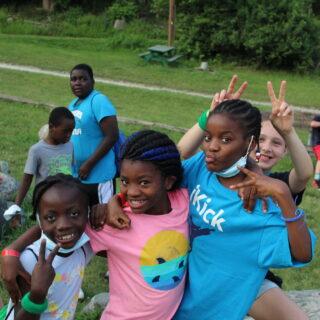
Self-Discovery
All young people find their spark, lift their voice, and discover who they are. See our research-based program framework that we call “The Camp Fire Journey”, founded on the pillars of Social Emotional Learning (SEL).
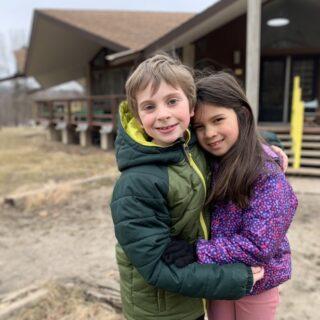
Community Connection
All young people find, build, and contribute to their community; they develop meaningful relationships with supportive adults and peers; they feel seen, heard, accepted, supported, and affirmed for who they are today, and who they will be in the future.
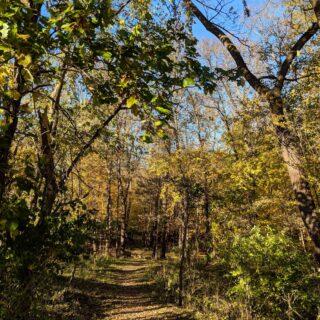
Engagement with Nature
All young people experience the power and awe of the outdoors; they learn to respect, love, and care for our world.
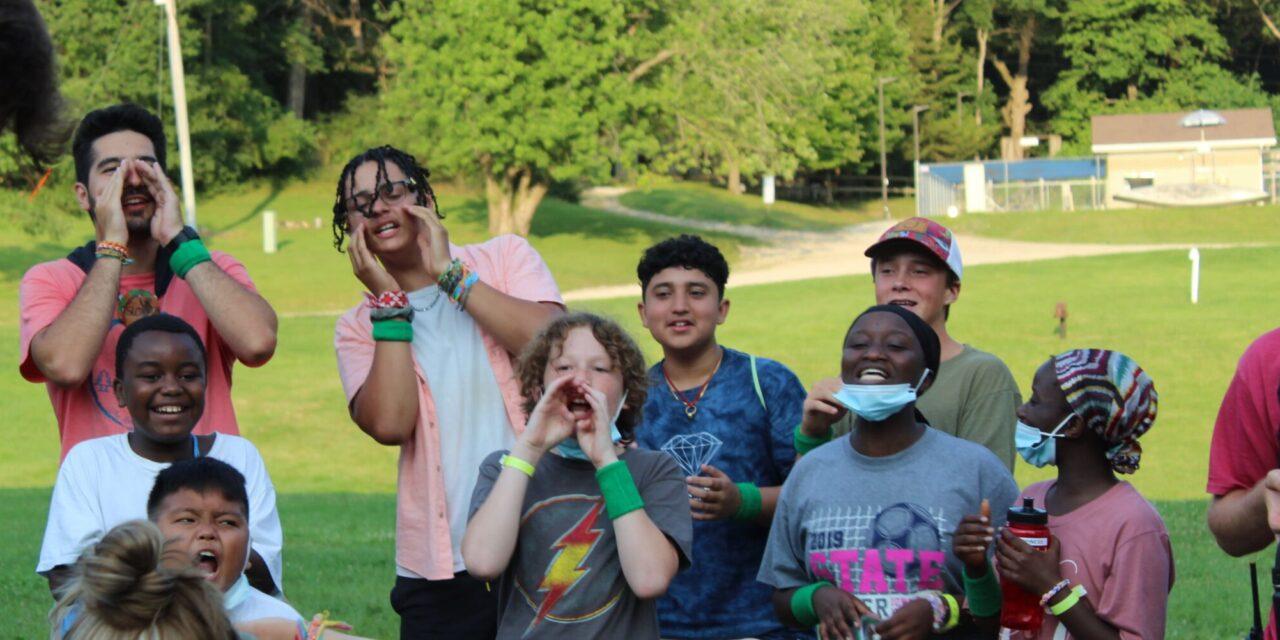
HOW WE DO IT
Camp Fire creates safe spaces where young people can have fun and be themselves.
We do this through a variety of powerful youth experiences and programs (i.e. camps, afterschool, in-school, and virtual), customized to meet the needs of youth, their families, and their local community. The common thread woven through all our programs is relationships. This is how we support young people as they navigate the challenges of growing up in the world today and learn the life skills they need to thrive.
OUR VALUES
We are a values-driven organization today and since 1910.
Our values are what guide us each day. They help meet each moment in time, and meet each young person where they are. When we began in 1910, the values of “Work Health and Love” underpinned our journey to building up youth. It was also just the beginning.
Today, we focus on what it means to be an equity-focused organization and how we can remove barriers to accessing our programs so all young people have the opportunity to experience Camp Fire’s powerful programs and thrive.
We are inclusive.
We get outdoors.
We prioritize relationships.
We honor the power of young people.
We are learners.
We take action.
We are responsive.
We pursue impact.
STATEMENT OF INCLUSION
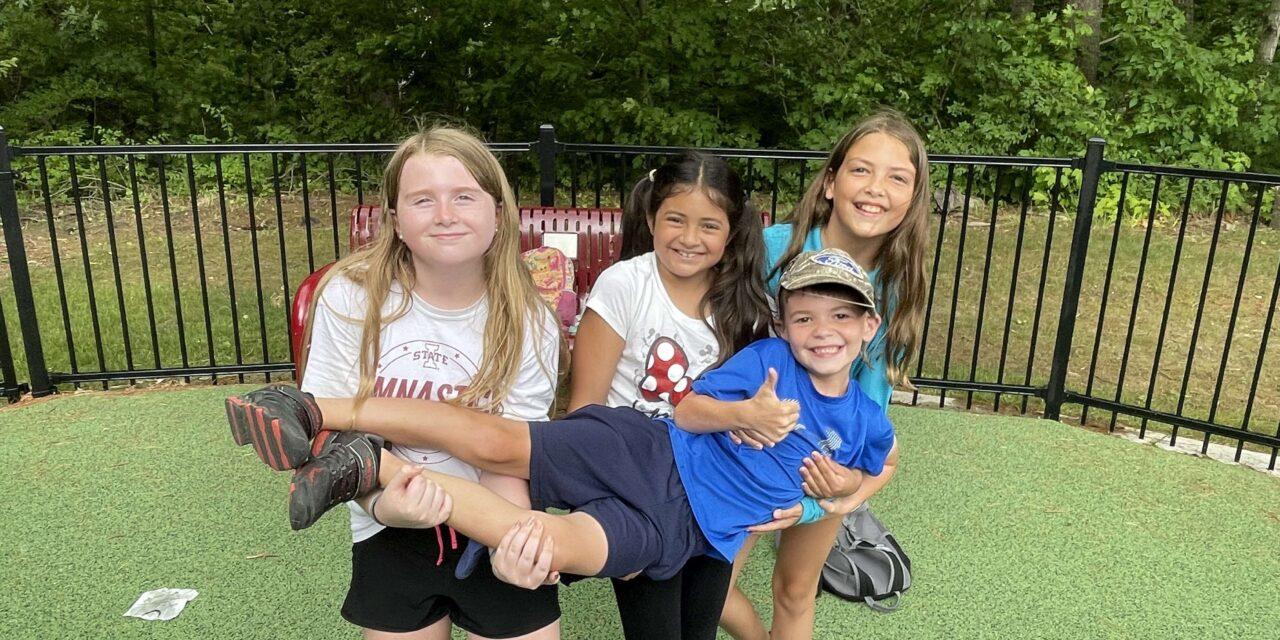
Camp Fire believes in the dignity and the intrinsic worth of every human being. We welcome, affirm, and support young people and adults of all abilities and disabilities, experiences, races, ethnicities, socio-economic backgrounds, sexual orientations, gender identities and expressions, religion and non-religion, citizenship and immigration status, and any other category people use to define themselves or others. We strive to create safe and inclusive environments that celebrate diversity and foster positive relationships.
OUR EXPANDED VALUES
We are inclusive.
Camp Fire works to create safe and inclusive environments, so everyone feels welcome. This means committing to equity, diversity, and access (including breaking down structural barriers to accessing our programs), and addressing the impacts of racism, privilege, white supremacy, bias, and anything else that holds us all back from an equitable and just world.
We get outdoors.
Camp Fire learns from and respects our planet. Spending time in nature has proven health and mental health benefits, which is one of the many reasons why we get young people outdoors, no matter where they may be. Nature-based learning is a powerful tool for youth development, and nature can be experienced by anyone, anywhere (even bringing a leaf, or rock, or plant inside). We aren’t just consumers of nature – we conserve, protect and steward our natural resources.
We prioritize relationships.
Camp Fire develops supportive cross-generational relationships. Supportive, trained adults are key to our work. We offer guidance and support during each young person’s dynamic journey to become who they want to be. Developmental relationships are the roots that give young people the chance to grow.
We honor the power of young people.
Camp Fire believes one of the best ways to honor the power of young people is to share power with them through meaningful participation and decision-making—in our programs and organizational direction. We respect, honor, seek, amplify, center, and prioritize youth voice; we empower youth; we entrust them with responsibility and authority; we encourage young people to find their spark and lift their voice.
We are learners.
Camp Fire helps young people (and adults!) know themselves. Self-discovery is an adventure. We invest heavily in training and professional development for the adults who serve our youth, because all young people deserve to be supported by skilled, capable, knowledgeable, supportive adult mentors, and because like the youth we serve, we are on a learning journey as well. Staff, board, volunteers, youth—we are all a community that is growing towards thriving, together.
We take action.
Camp Fire encourages young people to advocate, organize, and work for change in their communities and beyond. This has been a core value since we were founded in 1910; As an organization and as individuals, we can make an impact now.
We are responsive.
Camp Fire has continually adapted and evolved since 1910 to respond to what young people need to thrive. Each local council has the autonomy and flexibility to customize its programming to best support youth, families, and the local communities they serve; because they are the ones best positioned to listen, learn, adapt, and respond to those needs.
We pursue impact.
We seek out the newest research, practice every-day innovation, and meticulously measure results—all to help young people thrive in a complex world. We know Camp Fire changes individual lives, families, and communities, so we work to show that data and tell those stories.
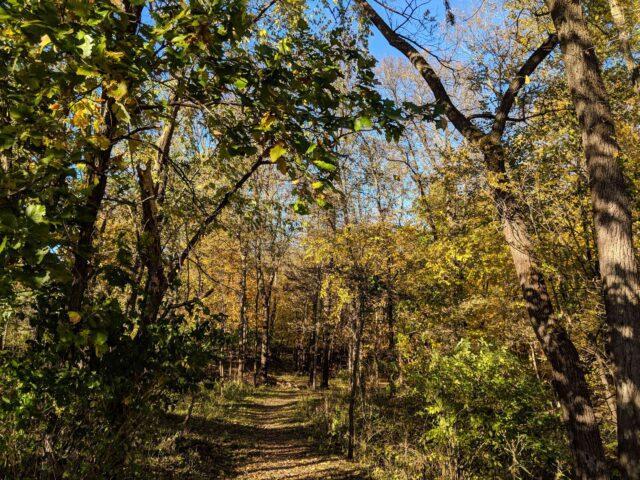
Our Land & Language Acknowledgement
Camp Fire Heart of Iowa aspires to provide welcoming, inclusive spaces where all people can connect with themselves, their community, and nature. We cannot truly live our mission without acknowledging the painful history that has brought us to reside on stolen land.
We acknowledge that we operate on the traditional and ancestral lands of the Báxoje Máya, or Ioway Nation, the Očhéthi Šakówiŋ, and, more recently, the Meskwaki, Sauk/Sac, and Fox Nations who are the original and rightful stewards of these grounds. The United States obtained the land from the Meskwaki and Sauk nations in the Treaty of 1842 following a series of violent encounters, the forced cession of land in eastern Iowa, and the involuntary relocation of Indigenous people further west.
We recognize that our presence on these lands today is a part of this history and that the 17,000 Indigenous people who live in Iowa today have demonstrated incredible resilience despite that history, the ongoing silencing and exclusion of their people, and the appropriation and erasure of their culture.
We also acknowledge the use of the Indigenous language chosen as the namesake for our programs in Boone and Ames. Hantesa (ȟaŋtéša) is a Lakota word meaning “red cedar” chosen for the needles of the cedar tree which always point upwards, symbolizing our commitment as the “Camp of High Ideals.” Canwita (čhaŋwíta) is also a Lakota word meaning “grove of trees” chosen as both a literal descriptor of the property and in recognition of the family (the Groves) that donated the land to Camp Fire.
Camp Fire Heart of Iowa is committed to education and justice via our youth programs, including the removal of appropriative practices and recognition of what it means to occupy space and teach youth on Indigenous land. We stand in solidarity with these tribes and call on our peers in the summer camp and youth development industries to join us in acknowledging the Indigenous inhabitants of the land we are on and removing appropriative activities, iconography, and rituals from their programs so all people can feel welcome and respected in these spaces.

